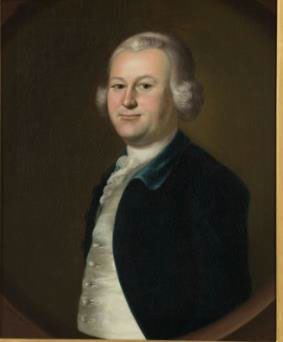
The James Otis Lecture Series
September 19, 2023
House of Representatives, Massachusetts State House
From 1 pm to 3 pm
Reception and book signing to follow
This year, in Biden v. Nebraska, the United States Supreme Court struck down the President Biden’s attempt to waive about $430 billion in student college debt. The Administration believed that a student debt crisis existed because many who had taken federal loans were unable to repay them. As a policy matter, the President believed that forcing students to repay these loans was unfair to many borrowers and detrimental to the nation at large. But the Supreme Court held that the President did not have the constitutional authority to waive the repayment obligation and that Congress, which is specifically empowered to pass spending bills, did not grant the Executive Branch the authority to waive obligations to repay student loans created by federal legislation.
The student debt case highlights important aspects of our constitutional government: what powers are granted to the chief executive? How are they limited, if at all? Who decides what are the proper realms of the legislative, executive, and judicial branches? Why should a court be able to strike down Presidential action that many citizens fervently endorsed? And how did the Founders create the Executive Branch in the first place?
We are thrilled to have two highly acclaimed scholars addressing these issues.
Dr. Lindsay Chervinsky is a presidential historian and author of several books including The Cabinet and Mourning Presidents who has spent her career studying the presidency and its development. Dr. Chervinsky will focus on precedents established by the first two administrations and explain how many of the decisions of Presidents Washington and John Adams helped to lay a firm foundation for the growth and protection of self-government which we still follow today.
Professor Akhil Reed Amar is a professor of Constitutional Law and legal history at Yale University. He is one of America’s most prominent constitutional scholars and thinkers. His works have been cited by the Supreme Court in more than 40 cases. He is the author of ten books, including, most recently, The Words That Made Us, a study of founding documents, speeches, and events from 1760 to 1840. Professor Amar will address the constitutional limits of presidential power and how those restrictions have been pushed and expanded since 1789, often during times of great conflict.
The students will sit on the floor of the House of Representatives, one of the oldest legislative chambers in America. Attendees will receive copies of Dr. Chervinsky’s acclaimed work, The Cabinet, or Professor Amar’s book, The Words That Made Us. As always, there will be time for students to pose questions to the panelists. There is no charge to attend.
Following the program, both speakers will be available to sign the books and speak with the authors. This is a unique opportunity for high school students to engage with two of the country’s leading experts on the Constitution, the Executive Branch, and the core principles which form the basis of our republican government.
